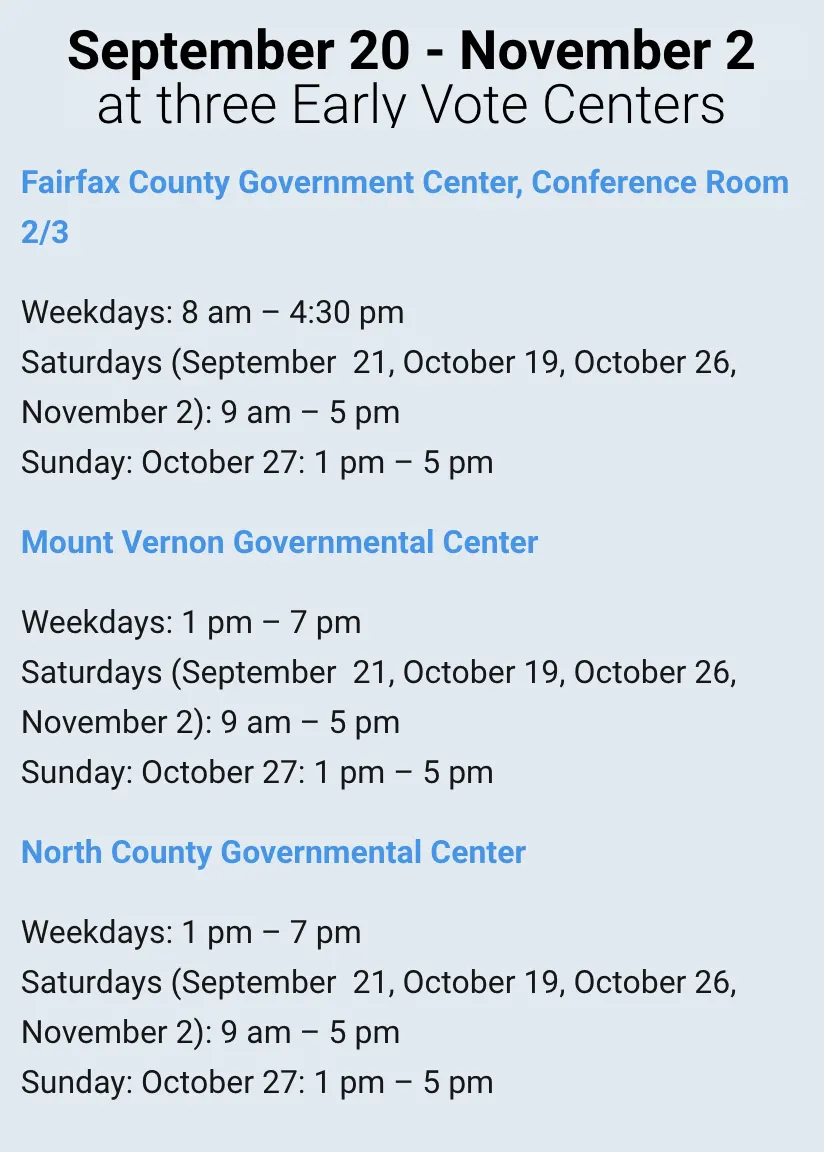
By Collin Cope / Fairfax County Times, March 1, 2024
Fairfax County taxpayers may have to open their wallets a little wider under the proposal for the first real estate tax hike in six years. On average, homeowners would pay $524 more. The proposed hike comes on the heels of a 2.86% increase in assessments, in which some residents have already seen their annual tax bill increase.
County Executive Bryan Hill sent his budget recommendations to the Board of Supervisors, who will now hold various hearings and town hall meetings before making their final decision. Hill said in the proposal that “projected revenues are insufficient to cover our proposed expenses.” He said the increase is necessary to fund important services.
Within the budget, public services could see a significant increase in funding, while homeowners would see a 4-cent increase in their real estate taxes, taking the tax rate from $1.095 per $100 to $1.135 per $100 to balance the advertised budget. According to Springfield District Supervisor Pat Herrity, This follows a 56% increase in real estate taxes since 2015.
“This increase would generate $129.28 million and would result in an available balance of $3.83 million for the Board’s consideration,” said Hill. “I recognize that this would be the first Real Estate Tax rate increase in six years, and it was not a conclusion that I reached easily. I am proposing only those adjustments which I feel are essential to maintain the quality workforce and dependable services upon which our residents rely.”
Taxpayers may also see an increase in personal property taxes. Hill proposes that no assessment ratio be utilized as it was in the past two years because he said vehicle values are expected to decline. Some other increases include the county’s cigarette tax, athletic fees, zoning fees, sewer charges, senior center and adult day care center fees, solid waste management fees, building fees, site fees, building and trade permits, and an increase in the technology surcharge.
Some of the items the increases would fund a Fairfax County Public Schools operating transfer of $173.9 million, and an increase in county disbursements of $178.6 million. The county will set aside $7 million for energy and environmental initiatives and $5 million to support ongoing improvements in technology infrastructure. Also, $10 million would be set aside for Metro and $2.15 for Fairfax Connector.
Following the release of the proposed budget for Fiscal Year 2025 (FY25), various local labor unions voiced their support, while one board member expressed his trepidation about excessive spending.
“We have a lot of work to do, and blaming our increased spending on the state alone does not cut it,” said Herrity.
In a statement published by the Fairfax Workers Coalition, Executive Director Dave Lyons stated that the budget should adequately compensate public employees. According to the Coalition, employee attrition rates are often the result of the county’s failure to provide adequate income for employees to attain housing and other basic needs in the county.
“The County needs to do better – and not just in terms of compensation. We must make sure our most vulnerable citizens are supported,” said Lyons.
According to Lyons, Fairfax County fell steadily behind other local counties in recent years, affecting employees in various sectors.
“We need to back our folks in Juvenile Courts, our workers in School Age Childcare (SACC) and those doing the difficult work of Child and Adult Protective Services. Our trades workers- those driving trucks, cranes and picking up our refuse–are increasingly contracted out because not enough county workers can be hired or retained. We’ve got to do better,” said Lyons.
In addition to efforts by the Fairfax Workers Coalition, the Invest in Fairfax Coalition called on board members to engage the public in the budget process to ensure investment into public services before the county’s Feb. 20 budget proposal.
While many labor organizations support efforts to increase funding for public services, not all board members believe spending is a viable solution to the county’s problems.
According to a statement from Herrity’s newsletter, increased taxation of homeowners only stands to push these residents out of the county.
“The latest census data show that domestically, more people are voting with their feet and leaving Fairfax County than are coming here. Our surveys show the high cost of living and ever-increasing taxes for reduced services are driving our residents to leave,” said Herrity.
Herrity also expressed that the board might not have this problem if they focused on making cuts and keeping track of spending priorities from prior years.
“Unfortunately, this budget is no surprise coming from a Board that has refused to do a deep dive on the budget as prior Boards have done or to even keep track of the spending commitments it makes during the year,” said Herrity.
The Board of Supervisors will advertise the real estate tax rate for the upcoming fiscal year on March 5. That number could be higher in the adopted budget but not lower. The County will hold committee meetings and town halls throughout March. On March 12, Herrity will host his annual Budget Town Hall. Other district supervisors will hold meetings as well. Public budget hearings will be held between April 16 and 18 before the Budget Board votes on the markup and tax rate on April 30. The budget will be approved on May 7 and take effect at the start of the fiscal year, July 1.


